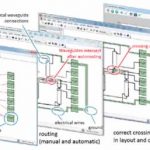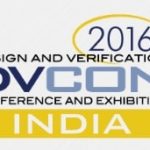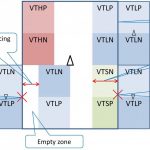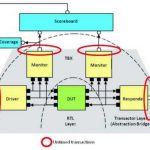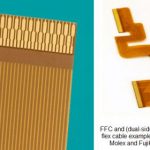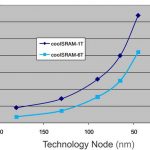Next week is ARM TechCon and I’m extra excited about this one because of the SoftBank acquisition. In fact, the opening keynote says it all. ARM CEO Simon Segar and SoftBank CEO Masayoshi Son will discuss the next chapter in the book of ARM. To better prepare for this keynote you should probably read our book “Mobile Unleashed: The … Read More
Low power physical design in the age of FinFETs
Low power is now a goal for most digital circuit designs. This is to reduce costs for packaging, cooling, and electricity; to increase battery life; and to improve performance without overheating. I talked to the experts on physical design for ultra-low power at Mentor Graphics recently about the challenges to P&R tools and… Read More
Making photonic design more straightforward
The arrival of optical computing has been predicted every year for the last fifteen years. As with any other technology backed by prolific research, lofty goals get dialed back as problems are identified. What emerges first is a set of use cases where the technology fits with practical, realizable implementations.
When it comes… Read More
Market Trends Motivate a Shift-Left in Functional Verification
Today, in the context of functional verification, industry trends are based on the needs of prominent vertical markets. There is some overlap in what these markets need, but there are some use models that are very specific to each market.
We assert this because we have a lot of customers asking about emulation solutions not from … Read More
Mentor Functional Verification Study 2016
Periodically, Mentor commissions a user/usage survey on Functional Verification, conducted by the Wilson Research Group, then they publish the results to all of us, an act of industry good-citizenship for which I think we owe them a round of thanks. Harry Foster at Mentor is breaking down the report into a series of 15 blogs. He’s… Read More
Five Things To See at DVCon India 2016
DVCon is an annual Design and Verification Conference that started out in Silicon Valley, then expanded by adding India as a new location. Our semiconductor design and verification world is global in stature, so if you’re living in the region then consider registering for this event held Thursday and Friday, September … Read More
A new world of 10nm design constraints
Every time the industry transitions to a smaller process node IC design software undergoes extensive updates.
I talked to a couple of experts in physical design at Mentor Graphics about what is involved in making place-and-route software ready for a new node. This is what I learned from Sudhakar Jilla, the IC design marketing director… Read More
Striving for one code base in accelerated testbenches
Teams buy HDL simulation for best bang for the buck. Teams buy hardware emulation for the speed. We’ve talked previously about SCE-MI transactors as a standardized vehicle to connect the two approaches to get the benefits of both in an accelerated testbench – what else should be accounted for?… Read More
Rigid-Flex Cabling is Cool! (and requires unique EDA support)
The three F’s of electronic product development are: form, fit, and function. Although the F/F/F assessment typically refers to the selection of the right component, it most definitely also refers to the selection of the proper cabling between assemblies. The requirements for cables are varied, and demanding: ability… Read More
1-T SRAMs in high-density, portable applications
For SoCs designed for various applications such as mobile, automotive, wearable computing, gaming, virtual reality, PC, imaging, security, and IOT applications, it is incredibly important to keep area (cost) and power as low as possible. Considering the growing percentage of chip area used for memory, it makes sense to choose… Read More




